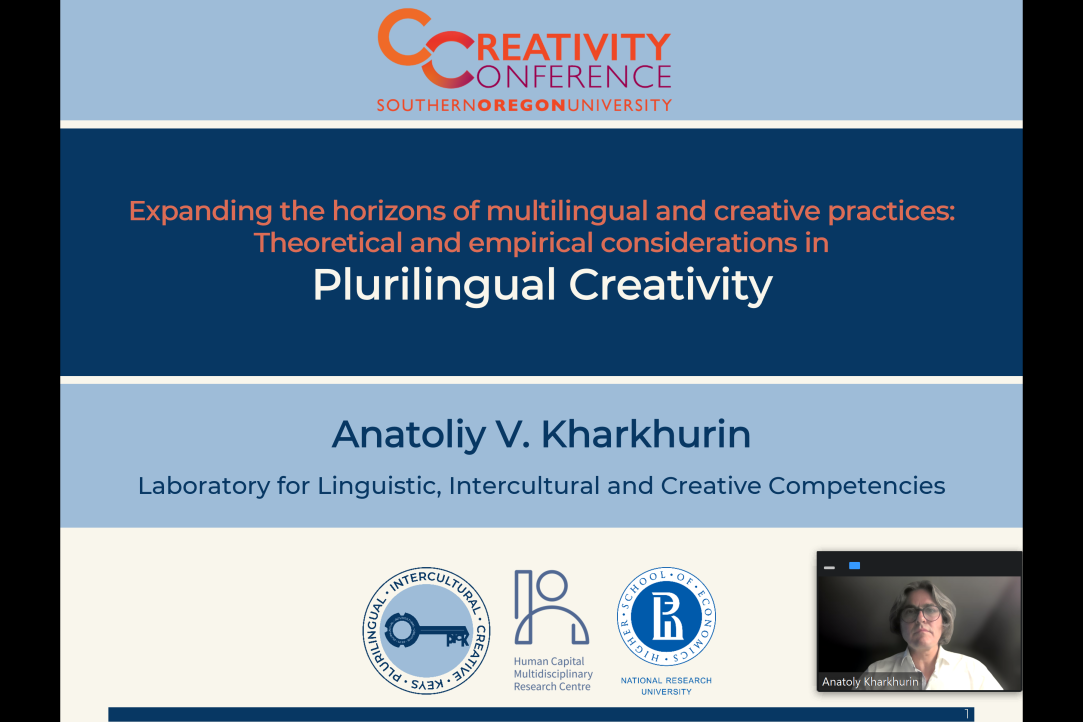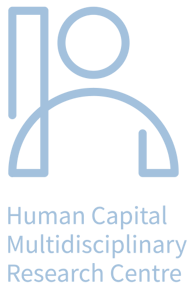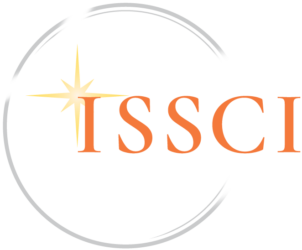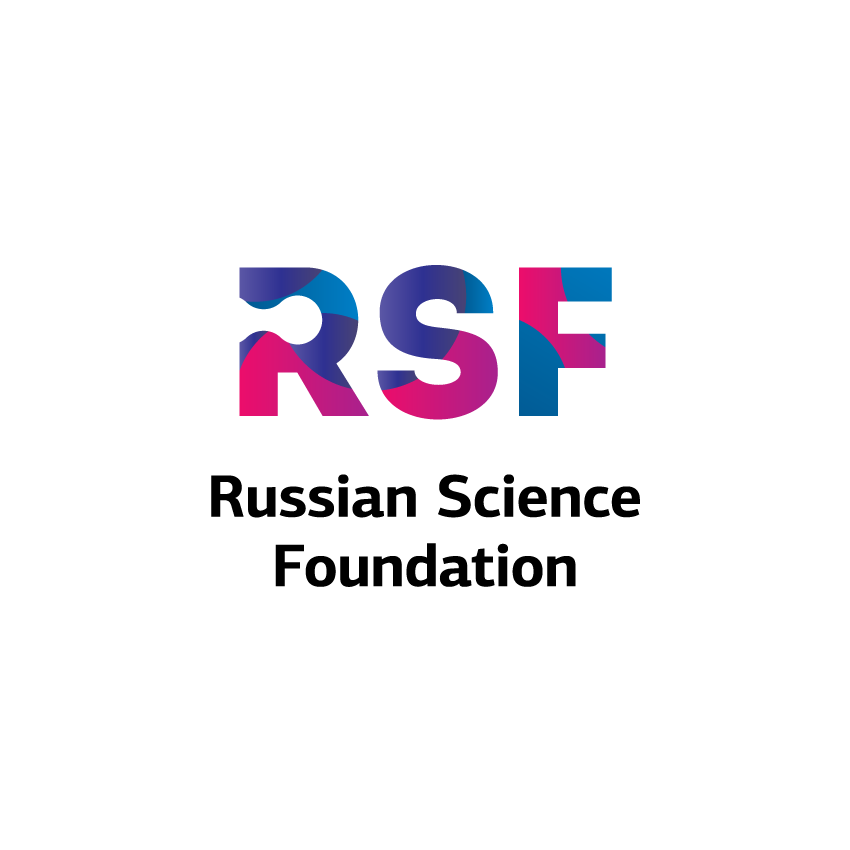News
.jpg)
Research projects
Research projects
About the project
About the project
About the project
About the project
About the project
About the project
About the project
Vacancies
Team
Director
Associate professor
School of Psychology

Professor, Université de Paris

Research fellow of
Psychology Institute at RAS

Postdoc, University College London
Assistant Professor
Assistant Professor
Research Fellow

PhD Student, Institute of Education

Master's Student

Master's Student

Bachelor Student

Bachelor Student

English Teacher

Manager
Publications
All
Kharkhurin A. V., Koncha V., Charkhabi M. The effects of multilingual and multicultural practices on divergent thinking. Implications for plurilingual creativity paradigm // Bilingualism: Language and Cognition. 2023. Vol. 26. No. 3. P. 592-609. doi
Lubart T., Kharkhurin A. V., Corazza G., Besancon M., Yagolkovskiy S. R., Sak U. Creative Potential in Science: Conceptual and Measurement Issues // Frontiers in Psychology. 2022. Vol. 13. Article 750224. doi
Каширская Е. В., Хархурин А. В. Компетентностный подход к системе образования в рамках обучающей системы PICK // Психология. Журнал Высшей школы экономики. 2022. Т. 19. № 4. С. 757-783. doi
Erzhanova A., Kharkhurin A.V. (2022) The Influence of Prior Language Experience on Foreign Language Anxiety: A Study on a Russian-Speaking Sample // RUDN Journal of Psychology and Pedagogics, 19(3), 448-464. doi: 10.22363/2313-1683-2022-19-3-448-464







